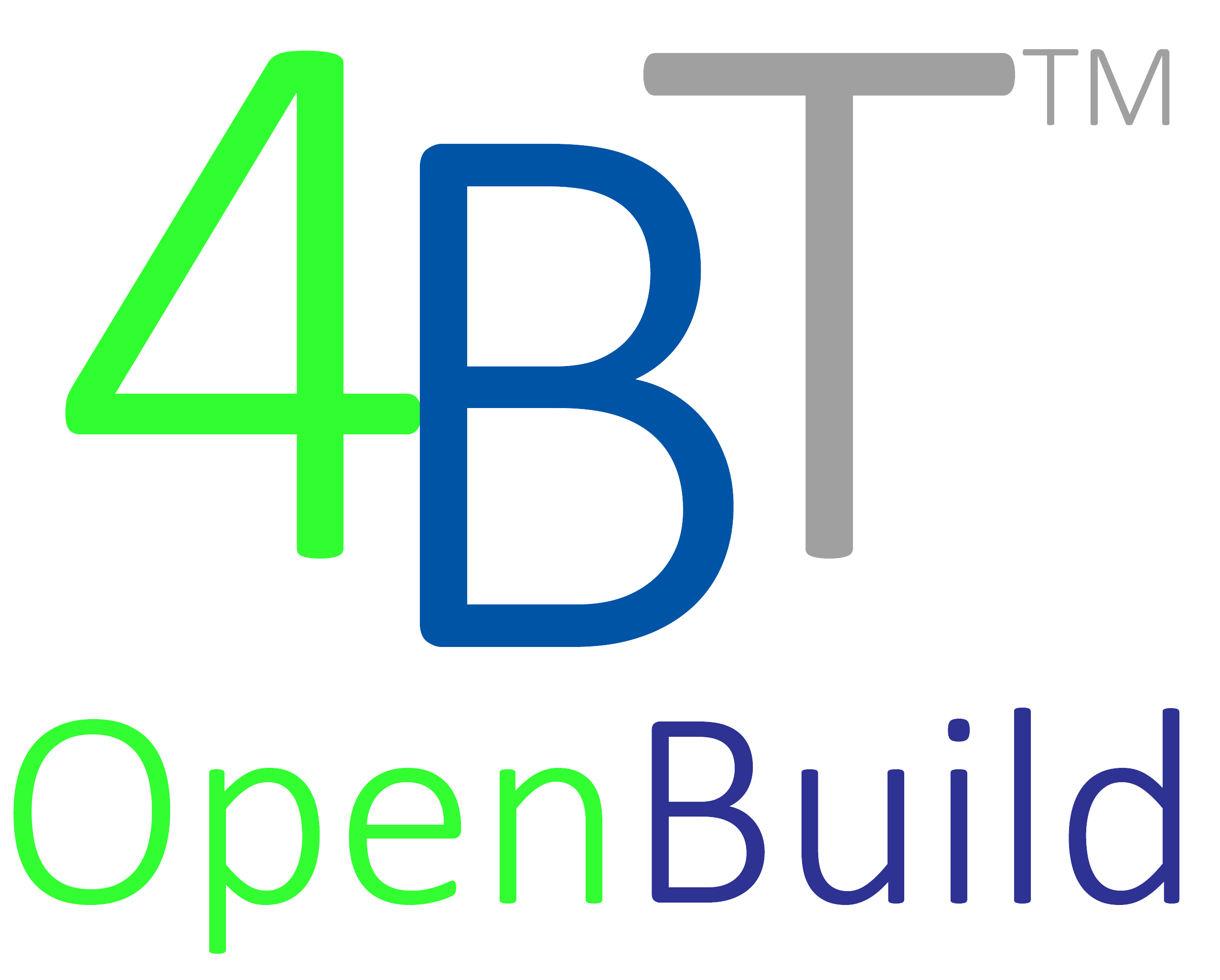
Construction cost knowledge management is a component of integrated LEAN construction planning, procurement, and project delivery. It is required in order to consistently achieve best value repair, renovation, maintenance, and new build outcomes.
Despite the fact that construction cost knowledge management is a required component for assuring consistent on-time and on-budget project delivery, fewer than 5 per cent of five percent of owners are qualified to address it.
The transfer of cost knowledge is essential at a granular, task level. The ability to clearly define detailed line item tasks defining the desired scope of work is critical to mitigating errors and omissions, reducing the number of change orders, as well as achieving defensible cost visibility and transparency. Information must be presented in plain English, using industry standard terms and definitions, and organized in a standard data format (CSI Masterformat). In order to truly reflect actual conditions, it also must be locally researched and customized to owner needs. The use of national average cost databases and/or location factors, or parametric cost models are insufficient.
Most real property owners have not yet recognized the importance of construction cost knowledge management and thus have not developed the capabilities needed to support it. They have a false sense of security, believing that contractor or subcontractor quotes, or historical information, or square foot level cost models provide defensible cost visibility.
Platforms, tools, and training are readily available to help owners and dispersed teams of architects, engineers, and builders to build and collaborate within a construction cost knowledge environment. Technology alone, however, is not enough to harvest the value of cost knowledge management. It must be combined with LEAN principles, processes, and workflows in order to fully leverage available resources.
Whether the AECOO and facilities management sectors evolve from the legacy of dismal performance will depend largely upon improvement of real proper owner leadership. Organizations need to shift their focus from knowledge capture to knowledge creation and transfer, adopt LEAN principles and processes, and truly champion a collaborative, mutually beneficial culture and environments. It is not surprising that exclusive emphasis upon technologies as a solution (BIM, IWMS, CMMS,ERP, etc.) has proven relatively fruitless. Creating cultures that connect and support those actually doing the work via of LEAN, robust collaborative integrated planning, procurement, and project delivery structures and associated shared common data environments (CDEs), is the path forward.
While technological infrastructure of tools and platforms help manage knowledge, a knowledge-transfer culture must be developed and sustained with individuals on internal and external teams as part of the equation. Most organizations underestimate or simply don’t have the leadership skills and either underestimate or don’t truly appreciate the human factor.
The driver of knowledge sharing is simple, individuals and supporting teams must have a feeling of contributing to overall success.
A deeper understanding of the context and value of knowledge needs to be spread across all skills, enabling individuals and teams to embed knowledge into all aspects of their working life. It is all important that individuals and teams are able to differentiate valuable knowledge from general information.
Owners must provide leadership….
- Create the right culture. Sharing information must become a desire, rather than an obligation, and the norm. This requires developing and supporting a transparent and innovative environment, enabling internal and external individuals and team to feel safe and develop a knowledge-sharing mindset in which they recognize the value in their own expertise, and its benefit to overall outcomes, and are able to learn continuously through the process of knowledge sharing.
- Embrace available tools and methods. Traditional construction planning, procurement, and project delivery methods have failed. Robust approaches such as integrated project delivery, IPD, and LEAN job order contracting, focus upon creating additional value. Sharing, transferring and adding knowledge is not only central to these methods, but required of all participants and stakeholders.
via www.4bt.us

